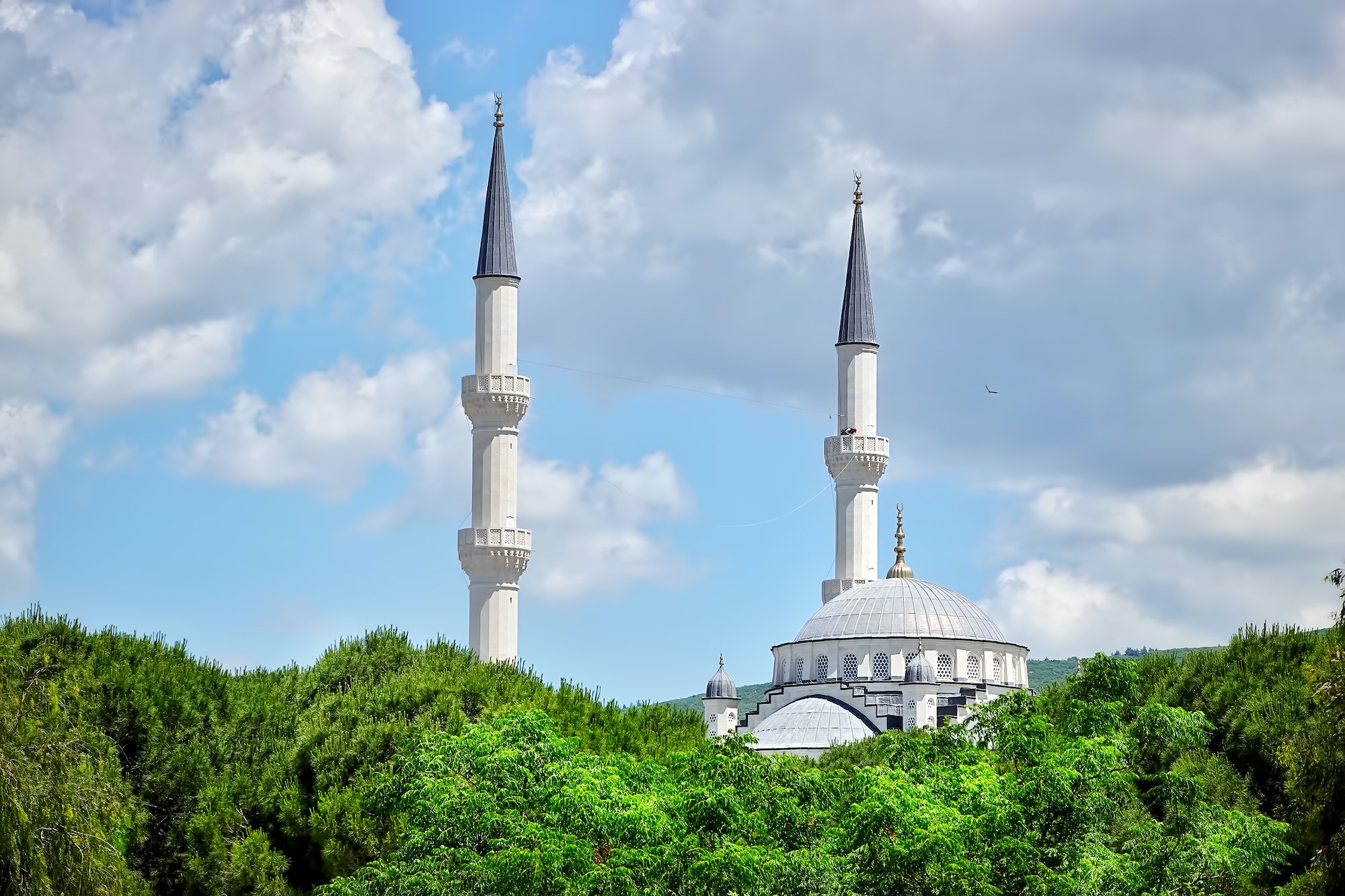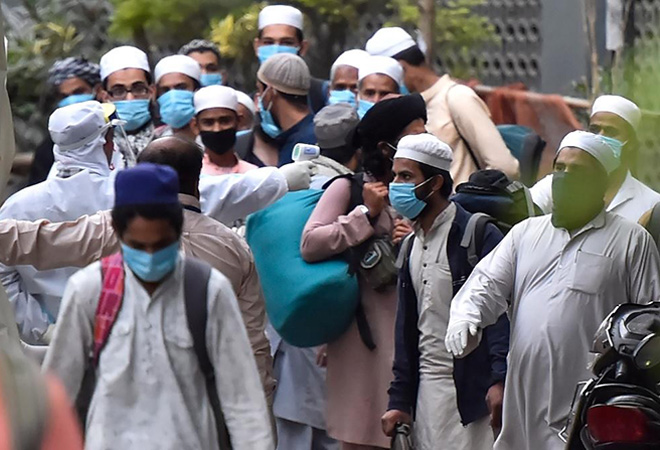Elevational Overview: A Glance at the Past, Present, and Future of Darul Uloom
Our website provides a vivid reflection, through the commendable opinions of its era’s greatest personalities, of Darul Uloom’s standing. In the past, when Darul Uloom was confined to a mere two rooms in an old building without adequate resources and lacked reasonable arrangements for the students’ accommodation and meals, its services were still held in the highest regard by scholars and revered spiritual leaders during these challenging times. Due to the untainted religious services of Darul Uloom, there came a time when its premises became insufficient compared to its reputation and contributions, and aspiring students began returning disappointedly. In light of this situation, the Darul Uloom administration, along with the institution’s supporters and all those loving the faith, made an appeal in 1920 to acquire more land for the school and funds for necessary construction. Consequently, the construction of the beautiful current campus began in 1965. Observing the pace of Darul Uloom’s educational and religious contributions at that time, experts estimated that the newly acquired 4.5 acres would suffice for at least the next 50 years.
However, today, thanks to the tireless efforts and pure intentions of Hazrat Maulana Mohammad Ramzan Sahab, Darul Uloom, within just a few years, is once again facing an influx of students from all corners of the country. Many eager learners are sadly turned away, much like in the 60s, due to space constraints. The administration of Darul Uloom is once again appealing to the general Muslims of Pakistan, especially the affluent and supporters of the school, to continue their financial support. A plan has been devised after consulting experts. Darul Uloom’s current resources are extremely limited, and the annual necessary expenditures are barely met with the current donations. In fact, they face severe financial challenges almost every year, especially in the last two or three months. Nonetheless, by the grace and mercy of Allah and the relentless dedication of esteemed personalities, the institution, in just a few years, has seen unparalleled growth in every department, whether it’s educational or infrastructural.
Educational Services, Departments

In the university, three departments: Hifz-e-Quran (Quran memorization), Qira’at (Quranic recitation), and Dars-e-Nizami (Islamic scholarship curriculum) are operational. Hundreds of students from here have memorized the Quran and are engaged in the service of the Quran in various regions. Meanwhile, scores of scholars, having obtained religious knowledge from here, are actively involved in different fields of religious education and training in various parts of the country. The Dars-e-Nizami department offers comprehensive education from primary levels up to Muqoof Alayh (equivalent to advanced scholarship), in accordance with the curriculum of Darul Uloom Deoband and Wafaq-ul-Madaris. Services of competent teachers have been acquired for this. Under the supervision of expert Hafiz and Qaris, both branches of Hifz and Tajweed are operational in the locales of Mohallah Zargaran and the Moti Mosque.

Evangelical Activities
The establishment of the madrasa (religious school) was done solely for the propagation of the faith. Hence, the promotion of religion wasn’t limited just to education and learning. Periodically, esteemed scholars from across the country were invited to the madrasa to enlighten the masses about the faith through various evangelical gatherings. In addition to the Quranic lessons and Friday sermons in the mosque, Maulana initiated a campaign across the region, warming the hearts of ordinary Muslims towards Islam and the love of God and His Prophet through sermons and speeches. The school, and especially its founder, played a leadership role in movements like the Khatm-e-Nabuwwat (Finality of Prophethood) movement, the Nizam-e-Mustafa movement, and other similar religious movements. Under his leadership, Muslims from the entire district participated en masse in various religious movements, fulfilling their duty towards Islam.